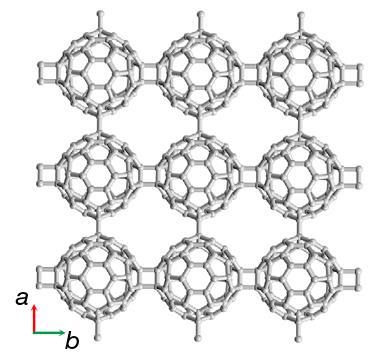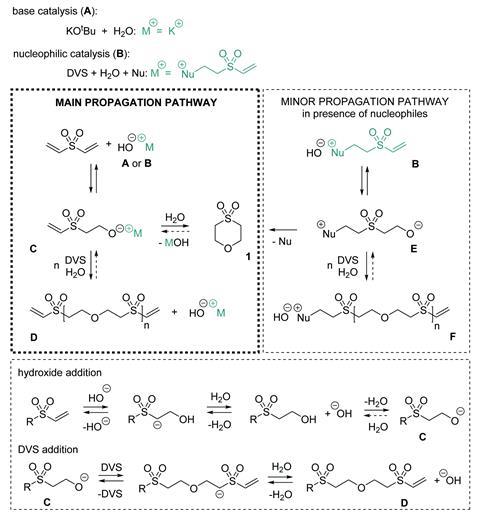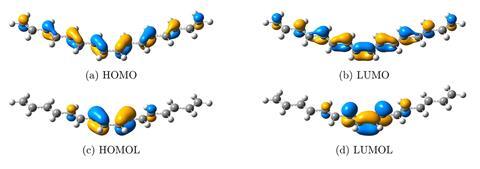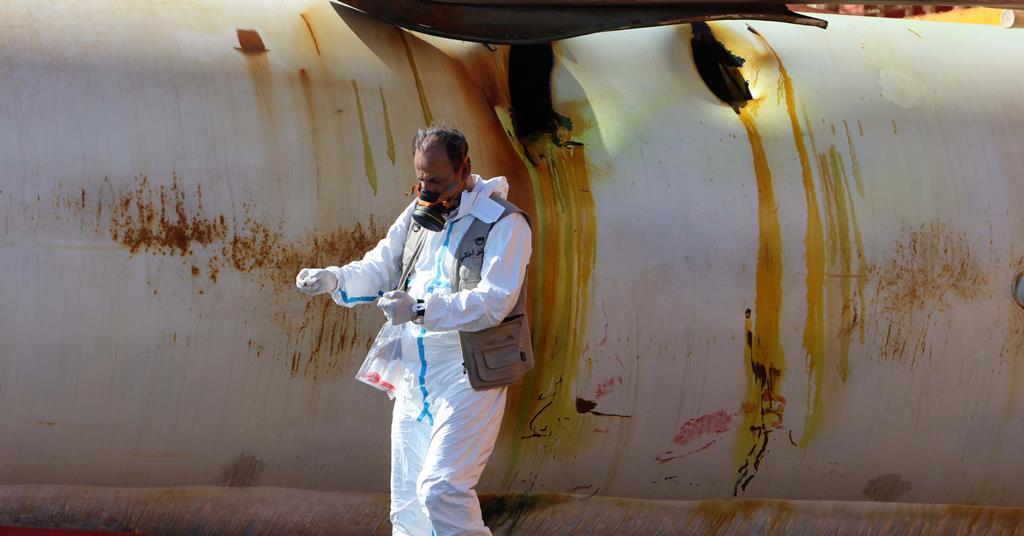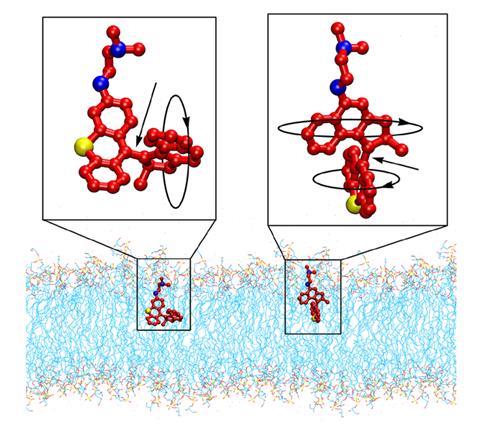A single-layer carbon allotrope has been prepared from a fullerene, the first time that a two-dimensional material has been constructed from nanostructures rather than atoms. 2D materials like graphene possess unique electronic and optical properties which arise from their repeating conjugated-carbon structure. This bonding pattern can be altered to tune physical characteristics such as the […]
Read More